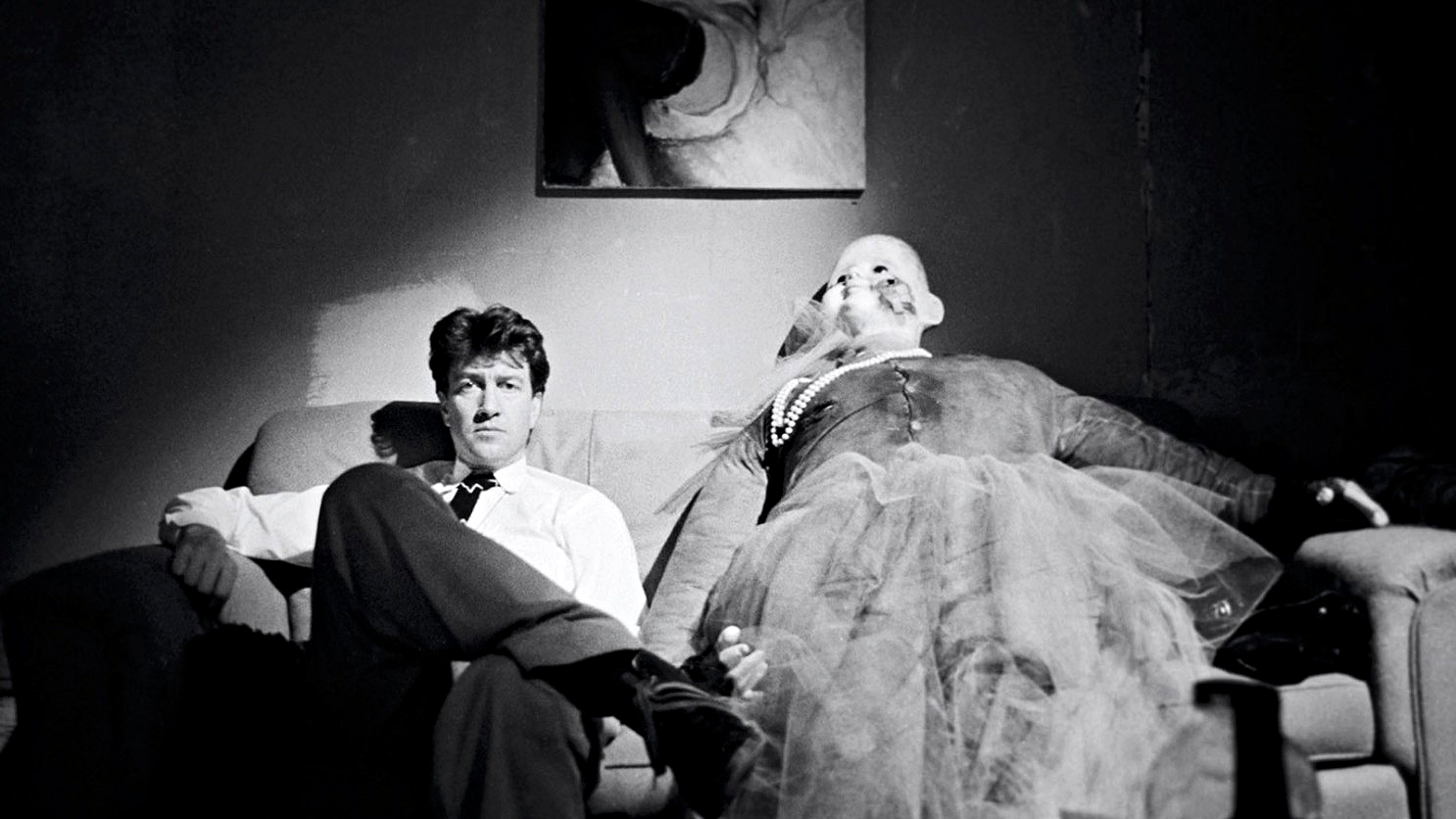
If American movies can still be characterised as constructing a dominant image of the United States (not only for the American people themselves but also for much of the rest of the world), then this filmmaking might be counted as one of the most influential and productive forces in the US culture industries. The cinema of the USA has not only reflected but also shaped and anticipated much of the country's history and politics, yet the key figures behind these media products are often far more complex, unpredictable, and even controversial than we might at first imagine. Researching and unpacking the nuances of their relationship to their craft has become a key task of doing film histories and film analysis.
This module aims to consider these ideas through examination of the work of directors, actors, writers, and other key figures who have worked both inside and outside Hollywood. Arguably, many of these figures have had a significant role in mapping the space of America in the popular imagination, while others have provided key alternatives to mainstream views and comprehension of the USA. While critically studying and interrogating the conventions of auteur theory, this module covers a breadth of US film history and genres.
MODULE AIMS
1. To gain insight into how the cinema of the USA has not only reflected but also shaped much of the country's history and politics.
2. To gain exposure to US cinematic texts ranging from those of the classic studio system to more independent and alternative films.
3. To examine in some detail select key figures behind US cinema products and engage more deeply with the stories and practices behind their films.
4. To gain knowledge of US film authors and understand how this knowledge can contribute to the work of doing film histories and film analysis.
5. To study and interrogate the conventions and limits of auteur theory.
6. To gain enhanced skills in research and film analysis.
LEARNING OUTCOMES
Upon successful completion of this module, students should be able to have:
1. Understanding of how the cinema of the USA has not only reflected but shaped much of the country's history and politics.
2. Further exposure to US cinematic texts ranging from those of the classic studio system to more independent and alternative films.
3. Greater knowledge of select key figures in US cinema history and the stories and practices behind their films.
4. Knowledge of US film authors and understanding of how this knowledge can contribute to the work of doing film histories and film analysis.
5. Greater understanding of the conventions and limits of auteur theory.
6. Enhanced skills in research and film analysis.
7. Enhanced skills in written and verbal expression.
7. To gain enhanced skills in written and verbal expression.